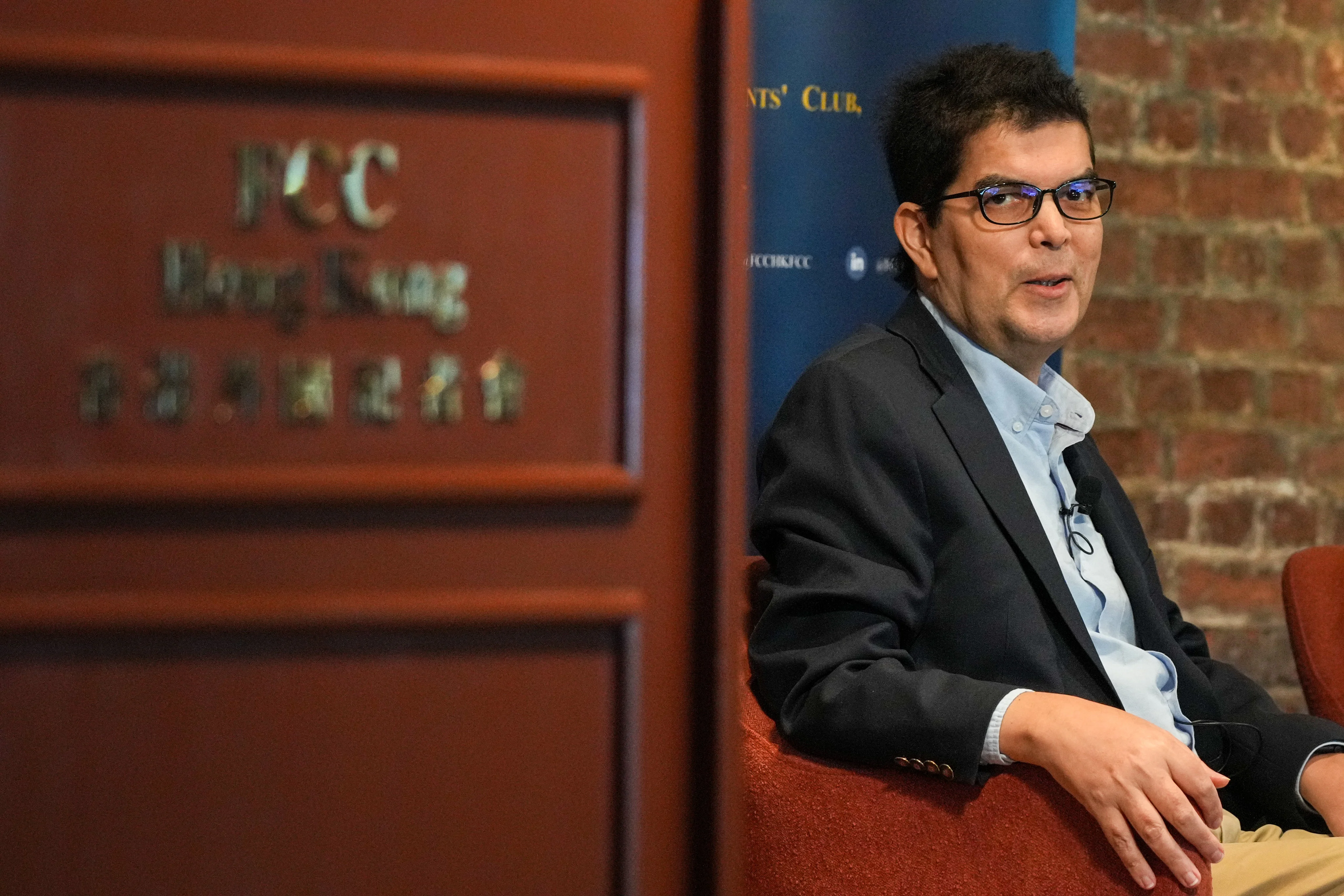By Salina Li
Copyright scmp

David Webb, a Hong Kong corporate governance activist who is battling terminal cancer, issued an open letter criticising Hong Kong fashion retailer Bauhaus International Holdings’ decision to buy a residential property instead of making a dividend payout.
Webb holds more than 8 per cent of the company’s shares and is the second-largest shareholder after the chairman, Winnie Tong She-man, who controls 58.9 per cent, according to a recent Hong Kong public filing.
The open letter, published on Wednesday on his platform Webb-site.com, referred to Bauhaus’ purchase agreement for a residential flat in Kowloon’s Laguna City at a price of HK$8.32 million (US$1.07 million), according to a filing on September 5. Bauhaus issued another statement on Tuesday, raising the purchase price to HK$8.35 million.
The filing said an initial deposit of HK$250,000 was paid and the formal sale and purchase agreement would be signed on September 19. It added that the property would be used as staff quarters for the company.
“I urge you to stop right now, even though that probably means forfeiting the deposit,” Webb said in his letter.
Bauhaus did not immediately respond to a request for comment.
At March 31, Bauhaus had net cash of HK$97.1 million, accounting for 55 per cent of its net tangible assets of HK$175.7 million. Bauhaus reported a profit of HK$11.7 million for the year that ended on March 31 but did not pay a dividend, Webb said, and it has not done so in nearly three years.
“That is disgraceful,” he said. “You simply don’t need to retain that much cash for the business, and you are now proving this by deploying most of last year’s profit into a residential property.”
Bauhaus said the staff quarters would enhance the attractiveness and competitiveness of its employee compensation packages. Webb described the claim as “nonsense”, adding that there are a total of 164 staff, “so accommodating [one] employee achieves practically nothing”.
Under the leadership of former chairman George Wong Yui-lam, the group adopted a lean balance sheet by selling office and warehouse spaces and distributing the surplus proceeds as dividends, which boosted its return on equity, Webb said.
He also said the company failed to provide investors with same-store sales data for the first quarter that ended in June, as it had in previous years.
“That is a reduction in transparency which leaves directors, particularly of retailers, at greater risk of being accused by regulators of withholding price-sensitive information if surprisingly good or bad results emerge later,” Webb said.
In May, Webb said he would make the online database he built up over decades freely available after his death as “a gift to the public interest” after he revealed that he only had months to live following a long battle with prostate cancer.
A Hong Kong resident since 1991, Webb established his venture in 1998 after working as a banker with the Barclays Group in London and Hong Kong; he also served as an adviser to Wheelock. Webb-site focuses on Hong Kong’s corporate and economic governance, business, finance, investment, legal and regulatory affairs. He estimated that he spent HK$10 million (US$1.3 million) of his own funds to support the venture.
Webb also took on several high-profile public roles in Hong Kong to champion the interests of shareholders and investors, including the Securities and Futures Commission’s Takeovers and Mergers Panel and Public Shareholders Group.



